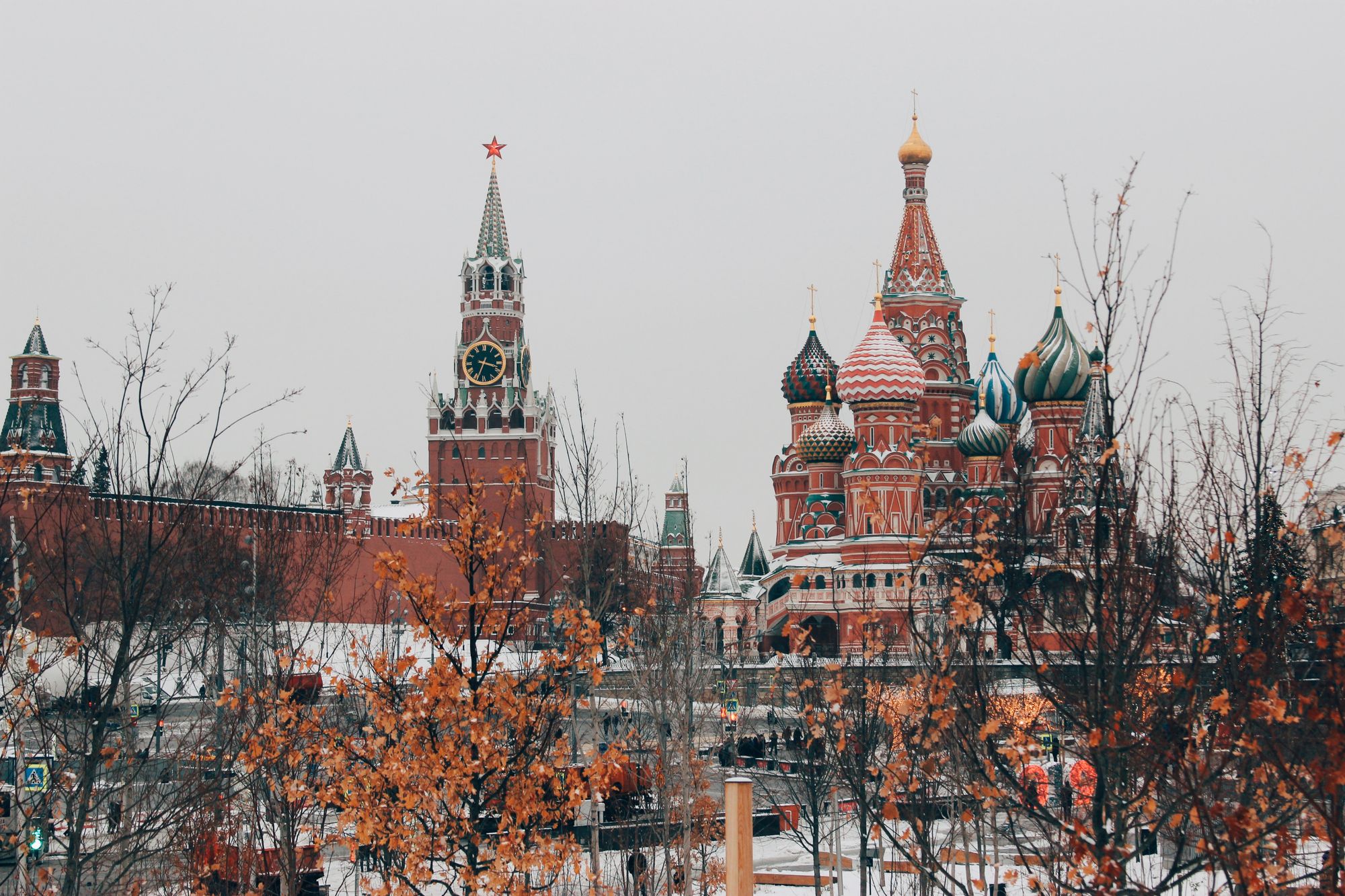With Alexandra Troitskaya (external contributor)
Until recently, the Russian authorities, including the President, have continuously reiterated that no compulsory anti-Covid-19 vaccination shall be implemented in the country. The situation changed overnight, as Russia got hit hard by the third wave of Covid-19 in June 2021. In light of skyrocketing numbers of cases due to the spread of the new Delta variant, over 20 Russian regions imposed mandatory vaccination on various groups of residents. Moscow became the first federated unit to introduce the new vaccination regime.
The obligation to get a vaccine for employees in the areas of trade, education, transport, housing utilities, beauty, sports, entertainment, and culture was imposed by the Act of the Chief Public Health Officer of Moscow (in Russian). Civil servants were also included in the targeted groups. The decree instructed the heads of respective organizations (both private and State-owned) to organize the vaccination of 60% of employees (by 15 July 2021 – inoculation of the first dose and by 15 August 2021 – second dose).
Although, at least at first glance, the explosive increase in the number of cases requires a firm response, the reaction of public health officers of Moscow and other regions raises a number of questions regarding the constitutionality of the new mandatory vaccination scheme.
The first concern relates to the form of restrictive acts. The Russian Constitution allows the State to restrict rights for constitutionally legitimate purposes by proportionate means of a federal law. In their decrees, public health officers refer to federal laws ('On the Sanitary and Epidemiological Wellbeing of the Population' and 'On Preventive Immunization Against Infectious Diseases') that authorize them to order 'preventive vaccination of citizens or groups of citizens for epidemiological reasons'. However, the term 'mandatory vaccination' is never mentioned by the legislator. Even if 'preventive vaccination for epidemiological reasons' may be interpreted as a compulsory measure, its imposition with a reference to (as opposed to by means of) the federal law is not grounded in clear legislative guidance.
On the one hand, the delegation of decision-making authority to the executive branch ensures a flexible response to the problem in the face of rapid (and life-threatening) changes in the statistics, precisely in the regions that are in the epicenter of the pandemic. From this point of view, the transfer of powers to the federated units and not to the federal executive is quite understandable. As a consequence, regional authorities create a discrepancy in the legal status of Russian citizens depending on the region they reside in, which, for its part, seems to adequately reflect the actual differences in the epidemiological situation among the Russian regions.
On the other hand, the delegation of powers allows the legislator to avoid political responsibility for the unpopular introduction of compulsory vaccination (which seems to be an important factor in the forthcoming elections to the lower House of the Russian Parliament in September 2021). In addition, there is a noticeable gap in the legislative framework that prevents the smooth implementation of this measure.
The delegation of powers was partially made possible by the Judgment of the Constitutional Court of December 2020 (in Russian) that confirmed the constitutionality of the emergency ('lockdown') measures taken by the executive authorities of the federated units on the basis of general legislative guidance. In light of the Court’s arguments, it is highly unlikely that mandatory vaccination of 60% of employees would raise serious objections.
The second concern lies in the ambiguous content and extent of the obligations and liability of employers and employees with regards to the fulfilment of the new targets on vaccination. The decree of the Chief Public Health Officer of Moscow of 15 June 2021 establishes the employer’s obligation to 'organize' the vaccination of 60% of employees (Section 2) and entrusts the power to 'control' the implementation of the decree to the Government of Moscow (Section 4[1]). The Moscow authorities have promised to create a special data system to collect the information on vaccination in the targeted organizations by 1 July 2021, and warned that businesses that do not comply with the requirements of the Public Health Officer will be subject to penalties under the federal and regional codes of administrative offenses.
Some employers have taken the requirements very seriously and issued local orders requesting employees without medical excuse to go through vaccination or be placed on an unpaid leave. Such orders have a questionable legal basis (Article 76 of the Russian Labour Code lists the grounds for such a forced unpaid leave, but none of them includes a refusal to be vaccinated). Article 5 of federal Law 'On Preventive Immunization Against Infectious Diseases' establishes that refusal to immunize may be a ground for forced leave, but only if an employee performs the activities from a list established by the federal Government, associated with a high risk of infectious diseases. Such a list has been in force since 1999 and only partly corresponds to the list of spheres where vaccination is mandatory under the decrees of public health officers. The actual consequences of non-fulfillment of the regional vaccination targets and employees’ ignorance towards the local orders are yet to be seen.
The third concern relates to the medical aspect of the proposed solution. The decree of the Chief Public Health Officer of Moscow of 15 June 2021 establishes the only exemption from vaccination – a medical excuse (Section 3). Accordingly, employees who have recently recovered from Covid-19 are treated as people with low level of protection against the virus, which makes their status ambiguous. In addition, it is not entirely clear how organizations should treat employees with medical excuses, who remain truly vulnerable to the illness: are they allowed to continue performing their duties or should they be allowed to work only remotely? The act leaves these issues unaddressed.
As the Covid-19 crisis of summer 2021 is escalating, executive authorities of the most affected regions are introducing additional restrictions for citizens who have not been immunized or cannot demonstrate a high number of antibodies to Covid-19. As of 28 June 2021, cafes and restaurants of Moscow and the Moscow region will be accessible only to residents with special QR-codes awarded after vaccination or a recent recovery from Covid-19. Other public places (theaters, cinemas, entertainment and sports facilities) have received recommendations to implement the QR-code system, and even public transport may be subject to similar restrictions. Authorities are pushing for mass vaccination and, if the epidemiological situation does not improve considerably, most public services and even simple every-day pleasures will soon be made unavailable for non-vaccinated citizens by executive orders, which will be dubious in terms of their legality and constitutionality.
TWEET

